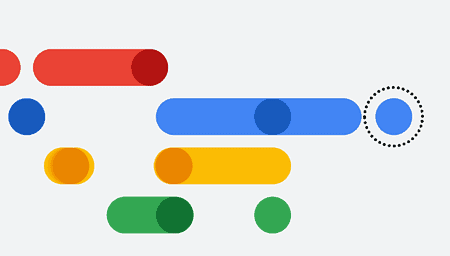Google and Elastifile join forces to complement the storage capabilities of the cloud computing platform. The two companies have announced that Elastifile’s Cloud File Services will be available as fully managed services on the Google Cloud Platform.
In this way, the two companies want to offer so-called ‘scale-out storage’, which means that enormous storage capacity can be distributed over many machines, in the way that many big data workloads are handled, Silicon Angle knows.
Usecases
Google already has its own file service: Google Filestore. Dominic Preuss, director of product management at Google Cloud, states, however, that the use cases for that service are “very basic”, and do not deal with the scale-out requirements. Elastifile’s Cloud File Service can do that, up to petabytes on request.
“When we talk to customers, they’re really looking for managed services,” says Preuss. Erwan Menard, CEO of Elastifile, also states that “you don’t have to be a storekeeper” to scale up. Think, for example, of the very rapid scaling up of SAP applications from 50 TB to 100 TB, which can also be scaled back if necessary.
According to Menard, there are three basic usages for the Elastifile service. These include rendering films, providing persistent storage for workloads in software containers used to keep applications running unaltered across multiple computing environments in data centers or clouds, and moving SAP applications such as NetWeaver and HANA to the public cloud.
Deep integration
The two companies state that the integration is very deep. It provides a native Google Cloud experience with the same user interface, monitoring, billing and support. The Elastifile service will be available on Google’s Cloud Marketplace. According to Menard, the integration is also deeper than the integrations that Elastifile has set up with other clouds.
Prices for the new integration range from $10 to $30 cents per GB per month, depending on capacity and performance.
This news article was automatically translated from Dutch to give Techzine.eu a head start. All news articles after September 1, 2019 are written in native English and NOT translated. All our background stories are written in native English as well. For more information read our launch article.


















